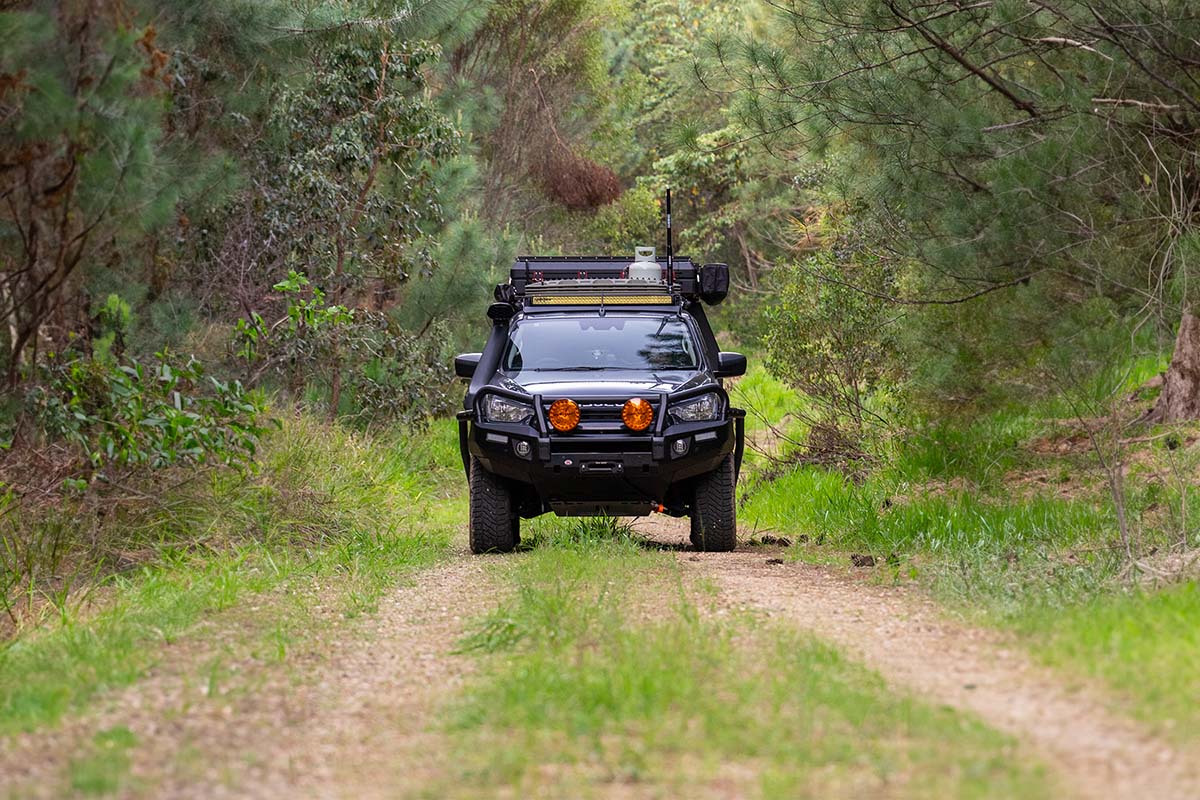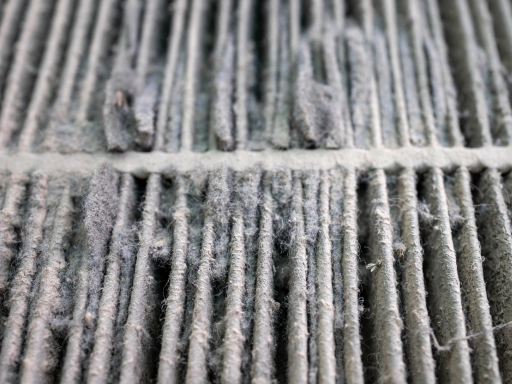Your Pre-Holiday 4WD Checklist: Get Ready for the Road
There’s nothing like the anticipation of an upcoming holiday — the bags packed, the route mapped, and the open road calling. But before you head off for summer adventures, a few minutes spent checking over your 4WD can make all the difference between a dream trip and a breakdown on the roadside.
Whether you’re towing the caravan to the coast, taking the family off-grid, or setting out on a long-distance road trip, a pre-holiday 4WD check helps ensure every part of your vehicle is safe, reliable, and ready for the miles ahead.
The team at Sandgate Auto Electrics and Automotive has put together this comprehensive 25-point 4WD checklist to help you prepare. From fluids and filters to brakes, suspension, and towing setups, this guide covers everything you need to inspect before you set off — so your only worry is what’s on the playlist.
Fluids & Filters
- Check engine oil levels.
Make sure the oil sits between the minimum and maximum marks. Top up or change it if it’s dark or thick.
- Inspect coolant level and colour.
It should be clean and green (or red for newer systems). Discoloured or low coolant can cause overheating.
- Top up brake fluid, transmission fluid, and power steering fluid.
Always use the manufacturer’s recommended types for your vehicle.
- Fill washer fluid and clean nozzles.
Dusty windscreens can quickly reduce visibility on long drives.
- Replace the air filter.
A clean filter helps the engine breathe better and improves fuel economy.
- Check the fuel filter.
Replace it before travelling remotely to avoid fuel contamination issues.
- Inspect for oil or coolant leaks.
Look underneath the vehicle for drips or residue that could indicate a problem.
Tyres, Steering & Suspension
- Inspect tyre tread depth and condition.
Look for cuts, cracks, bulges, or uneven wear that could cause a blowout.
- Adjust tyre pressures.
Set pressures according to load and terrain (higher for highway driving, lower for sand or corrugations).
- Check the spare tyre and jack.
Ensure the spare is inflated and your jack and tools are ready to go.
- Grease all suspension and steering joints.
This prevents premature wear and keeps steering smooth.
- Inspect shocks and bushes.
Look for leaks, cracks, or perished rubber. Replace worn components before heading off-road.
- Tighten all wheel nuts.
Use a torque wrench to confirm they’re secure according to factory settings.
Brakes & Drivetrain
- Test brakes for pull or fade.
If the pedal feels soft or the vehicle pulls to one side, get them inspected.
- Inspect rotors, pads, and brake lines.
Check for uneven wear, scoring, or leaks around the calipers.
- Engage your 4WD system.
Test both high and low range — and make sure hubs lock and unlock smoothly.
- Inspect driveshafts and CV joints.
Look for torn boots or excess play, which can cause failure when towing.
- Check differential breathers.
If you’ll be crossing water, extend them to prevent water ingress.
Electrical & Recovery Gear
- Check the battery voltage.
A healthy reading is around 12.6 volts. Clean terminals and tighten clamps.
- Test all lighting systems.
Check headlights, spotlights, light bars, brake lights, and indicators. Replace any blown bulbs.
- Inspect your winch and recovery gear.
Make sure your winch runs smoothly and recovery straps and shackles are rated and undamaged.
- Check your communication systems.
Test your UHF radio, GPS, and trailer brake controller. Reliable comms are essential for remote travel.
Underbody & Protection
- Inspect bash plates and tow points.
Tighten loose bolts and check for dents or cracks from off-road use.
- Check for leaks or loose bolts underneath.
A quick underbody inspection can reveal hidden damage or missing mounts.
- Confirm your tow bar setup.
Make sure it’s secure, correctly rated, and your load-distribution hitch (if fitted) is adjusted properly.
Final Pre-Departure Tips
Before you roll out, take a few final steps for a smooth and safe trip:
- Weigh your caravan and 4WD to stay within legal GVM, GCM, and towing limits.
- Balance your load — keep heavy items low and centred.
- Check mirrors and reversing cameras for clear visibility.
- Do a short local test tow to confirm everything feels right.
Frequently Asked Questions
How often should I service my 4WD before a trip?
Service your 4WD every 10,000 km or 6–12 months. Before towing or heading off-road, book a professional pre-holiday 4WD inspection with Sandgate Auto Electrics and Automotive.
Do I need to check my 4WD if it’s brand new?
Yes. Even new vehicles can develop issues after towing or travelling on rough terrain. Always inspect fluids, tyres, and suspension before a trip.
What’s the most common cause of 4WD breakdowns?
Tyre damage, overheating, and worn suspension or driveline components are the most common — and all preventable with regular checks.
Should I extend my diff breathers for water crossings?
Absolutely. Extended diff breathers protect your gearbox and differentials from costly water damage.
What spare parts should I pack for remote travel?
Carry fluids, belts, hoses, fuses, tyre repair gear, recovery tracks, a good tool kit, spare keys, and a first-aid kit.
Book Your 4WD Pre-Holiday Inspection
Before you load up the caravan or hit the highway, have your 4WD professionally inspected by the team at Sandgate Auto Electrics and Automotive Services. We’ll check your brakes, bearings, suspension, steering, and safety systems — so you can tow confidently, travel safely, and focus on the fun.
👉 Book your 4WD service today and start your holiday with complete peace of mind – call (07) 3269 3158.




